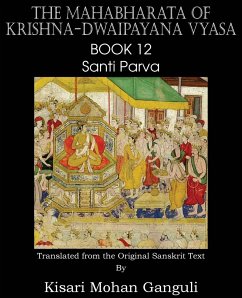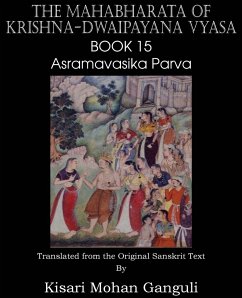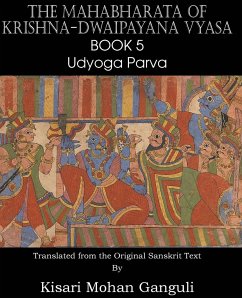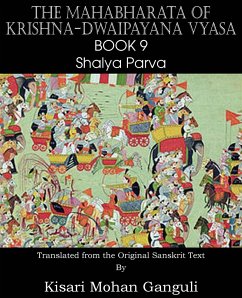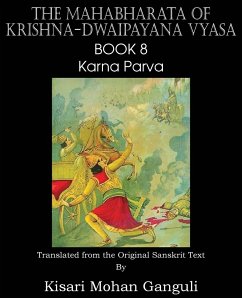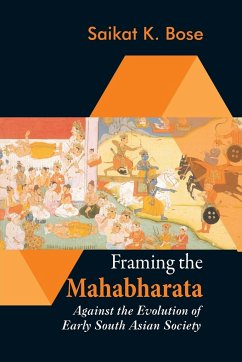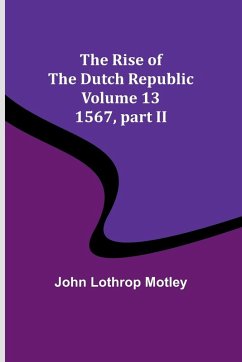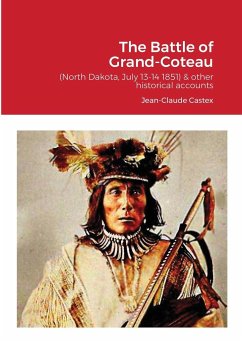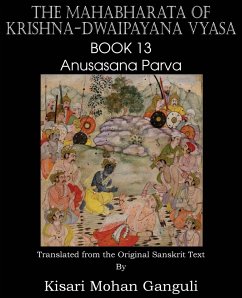
The Mahabharata of Krishna-Dwaipayana Vyasa Book 13 Anusasana Parva
Versandkostenfrei!
Versandfertig in 1-2 Wochen
30,99 €
inkl. MwSt.

PAYBACK Punkte
15 °P sammeln!
The Mahabharata is one of the two major Sanskrit epics of ancient India. It is an epic narrative of the Kurukshetra War and the fates of the Kauravas and the Pandava princes as well as containing philosophical and devotional material, such as a discussion of the four goals of life. Here we have Anusasana Parva, the thirteenth, which starts on the battlefield, where Bhishma is lying on a bed of arrows shot by Arjuna. It follows final instructions from Bhishma to Yudhisthir called Anushashana. Bhishma tells Yudhisthir of nine duties belonging to all 4 orders of society. These duties include; jus...
The Mahabharata is one of the two major Sanskrit epics of ancient India. It is an epic narrative of the Kurukshetra War and the fates of the Kauravas and the Pandava princes as well as containing philosophical and devotional material, such as a discussion of the four goals of life. Here we have Anusasana Parva, the thirteenth, which starts on the battlefield, where Bhishma is lying on a bed of arrows shot by Arjuna. It follows final instructions from Bhishma to Yudhisthir called Anushashana. Bhishma tells Yudhisthir of nine duties belonging to all 4 orders of society. These duties include; justice, maintenance of dependents, avoidance of quarrel, purity, suppression of anger, forgiveness, begetting children by one's own wife, avoidance of quarrel, and simplicity. Vyasa is a revered figure in Hindu traditions. He is a kala-Avatar or part-incarnation of God Vishnu. Vyasa is sometimes conflated by some Vaishnavas with Badarayana, the compiler of the Vedanta Sutras and considered to be one of the seven Chiranjivins. He is also the fourth member of the Rishi Parampara of the Advaita Guru Parampar¿ of which Adi Shankara is the chief proponent.





